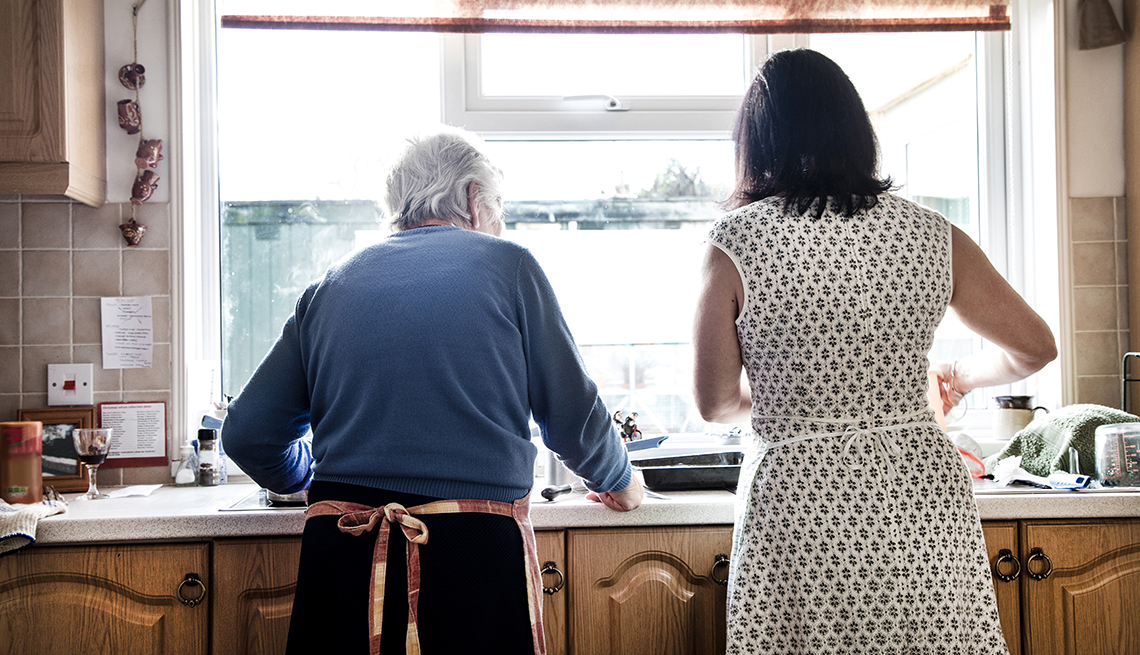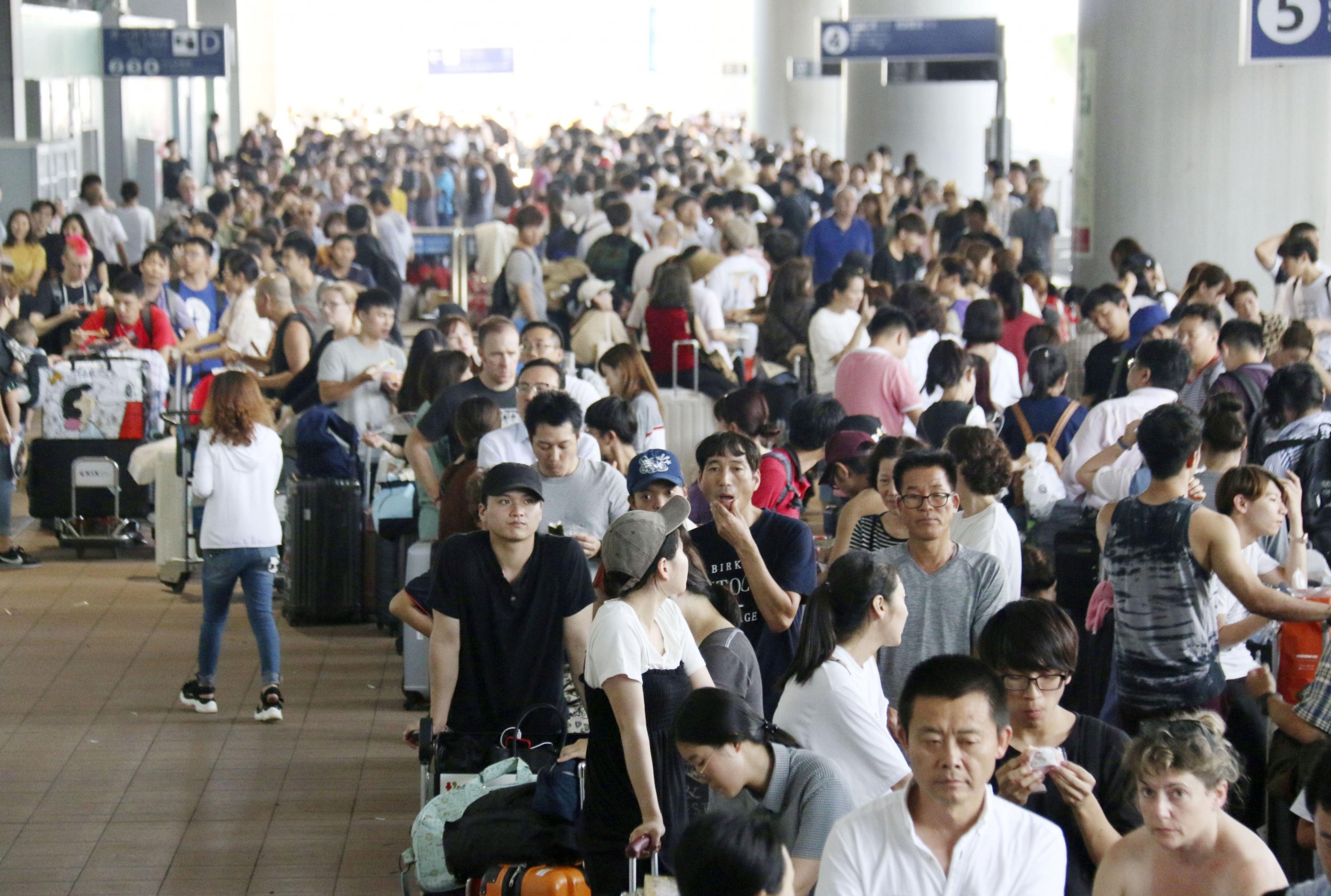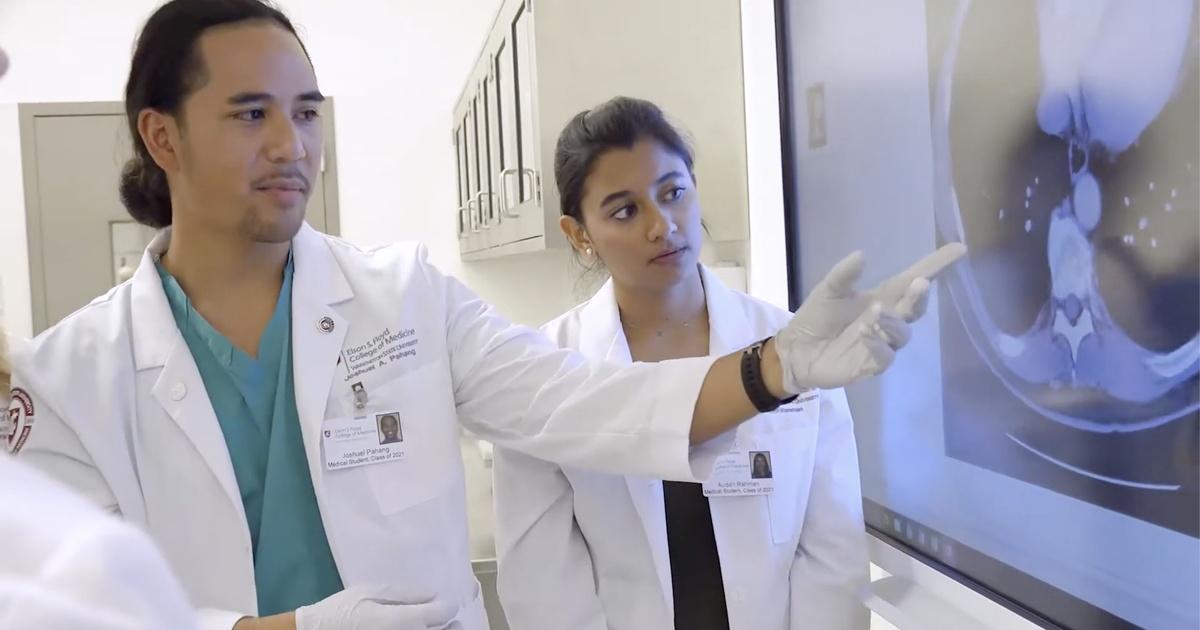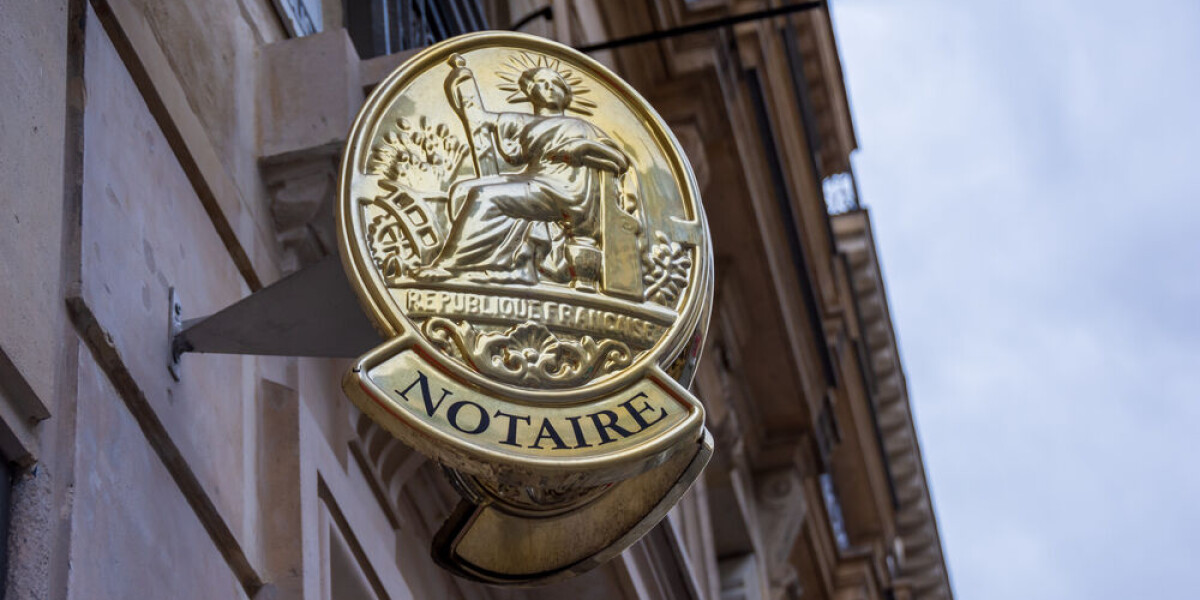
- Select a language for the TTS:
- UK English Female
- UK English Male
- US English Female
- US English Male
- Australian Female
- Australian Male
- Language selected: (auto detect) - EN
Play all audios:
The invasion of Ukraine is more than a war: it marks an epoch in world history. Last week belongs to a different era. We are now living through a different, more divided and much more
dangerous period. President Zelensky is right: a “new Iron Curtain” has descended “between Russia and the civilised world”. Whatever assumptions we have hitherto made about the future must
be rethought. Never has hope seemed so far below the horizon. The gulf between Russia and the West has deepened dramatically on at least four levels. The first is military. This is
impossible to ignore because it potentially threatens the existence of humanity. Its gravity was symbolised on Sunday by Vladimir Putin’s order to place the Russian nuclear deterrent “into a
special regime of combat duty” — in other words, to ready them for use against NATO countries. The President’s two most senior military advisers, Defence Minister Shoigu and Chief of Staff
Gerasimov, looked shocked by the appalling implications of Putin’s decree, which was televised live in order to have maximum impact and for the avoidance any doubt that this order had indeed
been given. The risk of nuclear war is now higher than at any time since the Cold War — perhaps even higher. The second level of conflict is political. Hitherto democracies have co-existed
with authoritarian regimes more or less peacefully, but we seem to have entered a new phase. In effect, the measures imposed over the last few days have placed Russia in quarantine. If the
military doctrine of deterrence is based on “mutually assured destruction”, the political equivalent is based on “mutually assured isolation”. For the foreseeable future, Russia will have no
contact with the West, even through the usual diplomatic channels. But isolation is not the same as indifference. Those Russians who do not rely solely on state broadcasting can see that
Putin has become as much a pariah as Kim Jong-un. The images of vast demonstrations in solidarity with Ukraine, thronging the streets of Prague, Amsterdam and Berlin, will not be lost on the
citizens of St Petersburg and Moscow. The free world is united against them. Thousands of their troops are already dead. And Putin cannot prevent the sons of Russia calling their mothers
from captivity in Ukraine. While the dictator is left to stew in his own juice, the third level of division, the economic one, is already beginning to bite. The rouble is now almost
worthless, Russian banks and their clients cannot access the international clearing system and the central bank in Moscow has been cut off from half of its much vaunted foreign reserves. A
run on the banks is inevitable and may already be happening. The Russian economy is tanking because its main exports, oil and gas, have now lost their biggest markets. And the cost of the
war, tens of billions of dollars a day, will quickly bankrupt the Russian state. Living standards, already stagnant for decades, will now plummet. Queues in the shops, shortages and all the
miseries of a siege economy will soon disabuse those fanatical nationalists who pretend to prefer autarky to globalisation. Not since the last days of the Soviet Union and its aftermath will
Russians have experienced such hardships. A new, less fatalistic generation is bound to ask the simple question: why? The final level of division is the spiritual one. It was heartening to
see the congregation in the Ukrainian Orthodox Cathedral of the Holy Family in Mayfair give a standing ovation to the Prime Minister after his address at Mass there on Sunday. Their chant of
“thank you” was not just intended for Boris Johnson’s personal leadership — he is credited by Ukrainians with rallying the West against Putin’s aggression — but for the British people. The
religious divisions inside Ukraine, let alone beyond, are deep. Not only are the Catholic (known as Uniate) and Orthodox Churches mutually divided, but the Ukrainian Orthodox Church is split
between the majority who are loyal to the Patriarch of Kyiv and those (mainly Russian separatists) who have stuck with the fiercely pro-Putin Patriarch of Moscow. The most senior figure in
the Orthodox world, the Ecumenical Patriarch of Constantinople, may lack the authority of the Pope in Rome but has lent his prestige to Kyiv in its resistance to Moscow. The invasion has of
course intensified these religious tensions, which embody the historical memory of the region. Many readers may be sceptical that the spiritual dimension of this conflict deserves mention.
But a perverted form of Russian Orthodoxy lies at the heart of Putin’s mystical, irredentist and ethnocentric form of nationalism. And the profoundly ecumenical faith of the Ukrainian people
underlies their open, democratic and inclusive patriotism. That patriotic faith has made possible the election of a Russian-speaking, non-Christian President in a land that endured seven
decades of religious persecution as well as famine and repression at the hands of Lenin, Stalin and their successors. Volodomyr Zelensky, named after the founding monarch, Christian convert
and patron saint of the Kyivan Rus’, bears witness to the unifying role of spiritual allegiance across denominational divides. His extraordinary leadership has given the lie to Putin’s
accusations that Ukraine is run by “Nazis”: the one thing that everyone agrees on about Zelensky is that he is Jewish. Nor is it true that toleration must be predicated on secularism. The
assumption that the world is destined to follow Europe in becoming ever more secularised is highly questionable. I have recently written about this at length in an American context for the
Jewish online platform Mosaic here. A transatlantic panel discussion of my essay, “A Dispatch from the Post-Religious Future”, with Rabbi David Wolpe, the photojournalist Chris Arnade and
myself will be broadcast this evening at 5 pm UK time. All are welcome to join here. The future is even less predictable than usual, but of this we may be fairly sure: the new Iron Curtain
will not endure for as long as the old one. The division of East and West is an old one, but there is no eternal necessity that forces us to treat everyone on earth as friend or foe — to use
the terminology of the Nazi political thinker Carl Schmitt, now so fashionable in academic circles. This crisis has made very clear that our foe is Putin, not the Russian people, many of
whom are bravely protesting against his war. We live in dark times, but this long night of the soul will not last forever. When sunrise comes, it will illuminate the heroism of the Ukrainian
national struggle for freedom. Volodymyr Zelensky and his people are fighting for all humanity. May God bless them and grant them victory. In the meantime, we can only hope that ultimately
peace will return and our wounded world will heal. A MESSAGE FROM THEARTICLE _We are the only publication that’s committed to covering every angle. We have an important contribution to make,
one that’s needed now more than ever, and we need your help to continue publishing throughout the pandemic. So please, make a donation._









